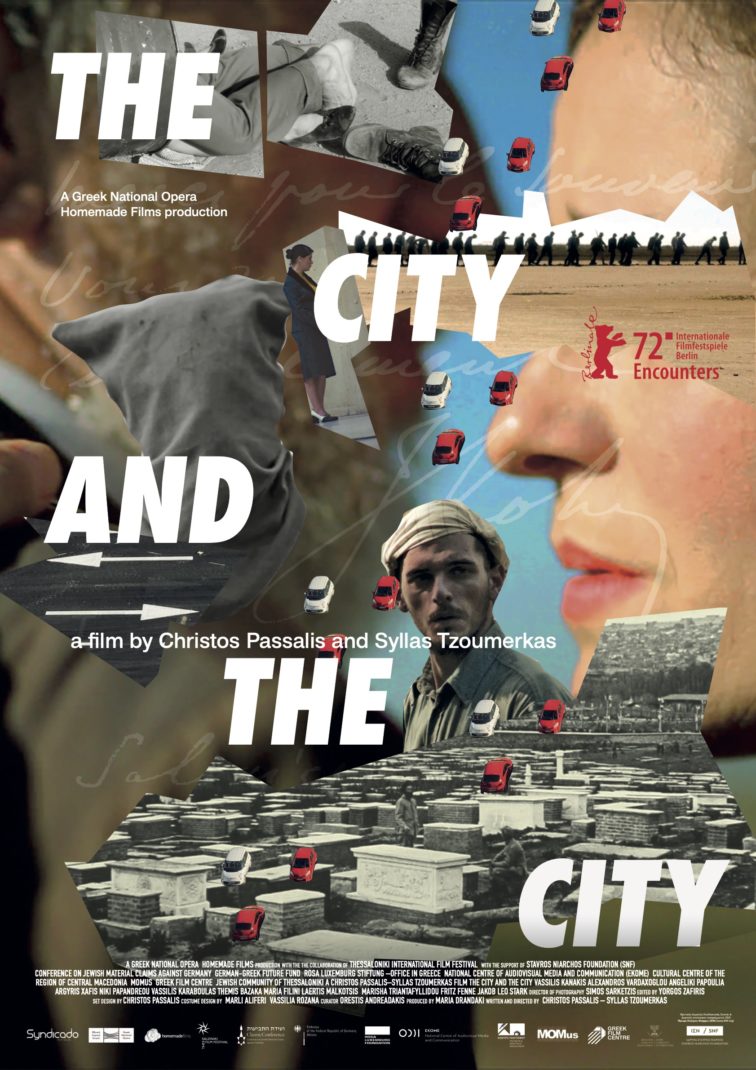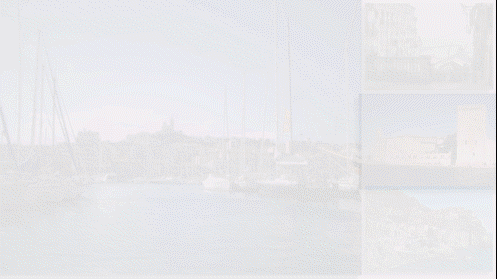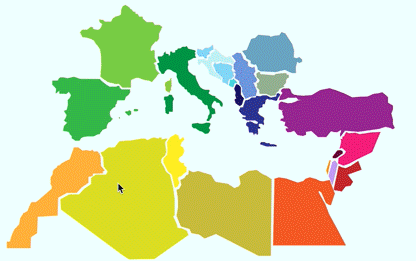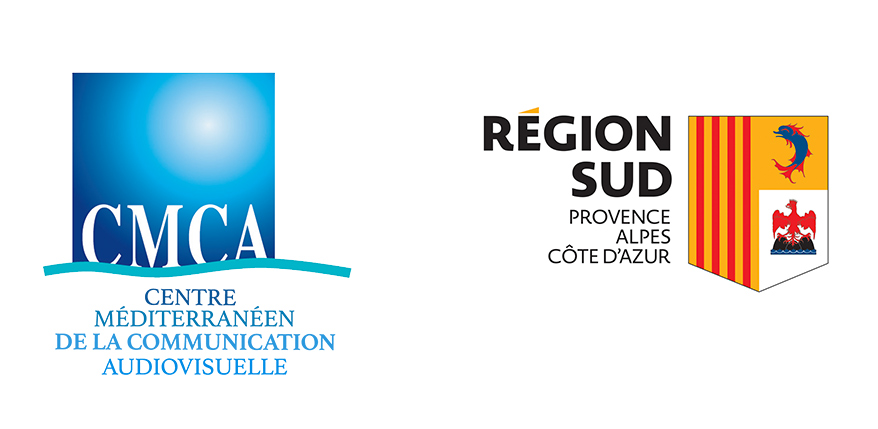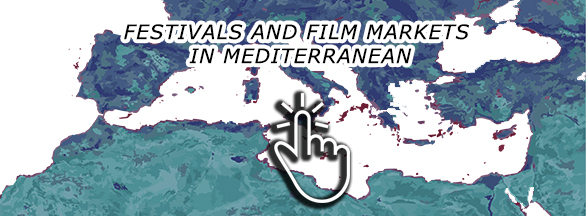The City and the City, directed by Christos Passalis and Syllas Tzoumerkas, was shown in the Encounters section of the 72nd Berlin Film Festival. The directors return to the genocide of the Jewish community in Thessalonica, Greece.
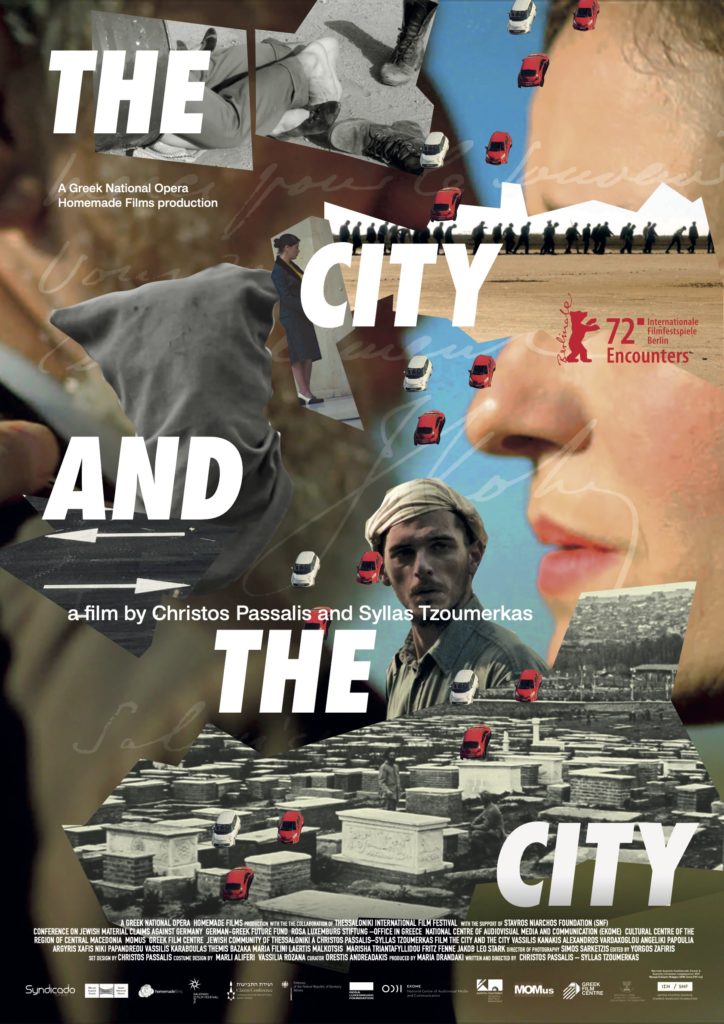
Nicknamed “the mother of Israel”, for several centuries Thessalonica was the home of a Sephardic Jewish diaspora. Until the end of the 1920’s the Jewish community was in the majority, but that changed radically when thousands of Greek refugees returned from Asia Minor. In 1927 local Christians and the newly arrived refugees founded the anti-Semitic EEE party (National Union of Greece). Then they began persecuting the Jews.
During World War II the Nazis occupied the country, sending in Eichmann’s henchmen. They decreed the yellow star must be worn, ghettoization and, soon afterwards, deportation. They exterminated more than 90% of Thessalonica’s Jewish population. So with The City and the City the directors take a fresh look at this tragic chapter of history which, they say, is unknown by many in the city and across the country.
The Encounters section of the Berlinale gives audiences the chance to discover original independent cinema with a bold aesthetic. Indeed The City and the City is unique – a history film initially planned as a museum installation. Christos Passalis and Syllas Tzoumerkas reconstruct this massacre through a protean and deliberately enigmatic film. The historical periods between 1930 and 1980 mingle, scenes are filmed in present-day Thessalonica and sequences in colour alternate with scenes in black and white. The film-makers also navigate between drama and documentary. For them this form of presentation is a way of questioning our notion of memory – and bringing this tragic episode back to life.
The film is co-produced by Homemade Films and the Greek National Opera.
Sources : Berlinale, Cineuropa, Film Stage, Homemade Films

